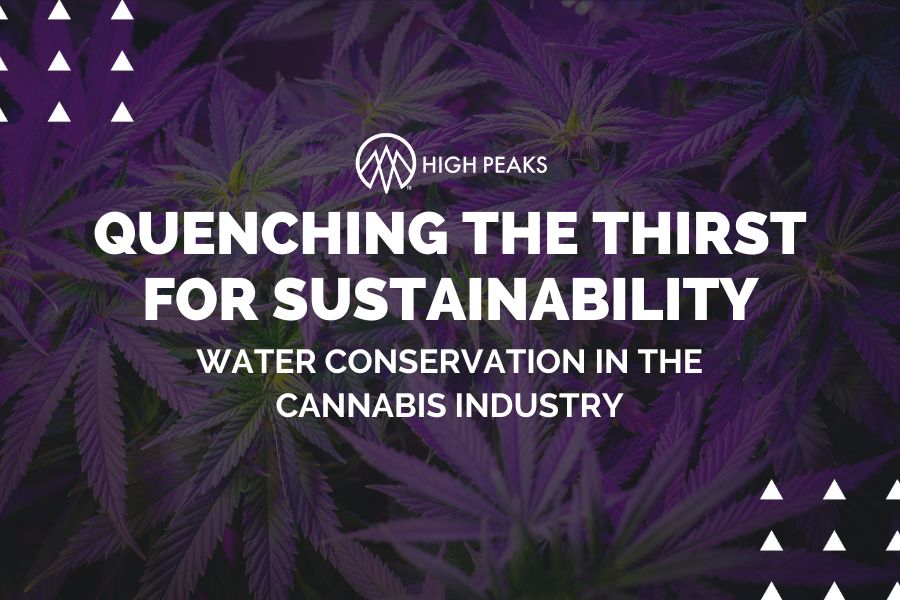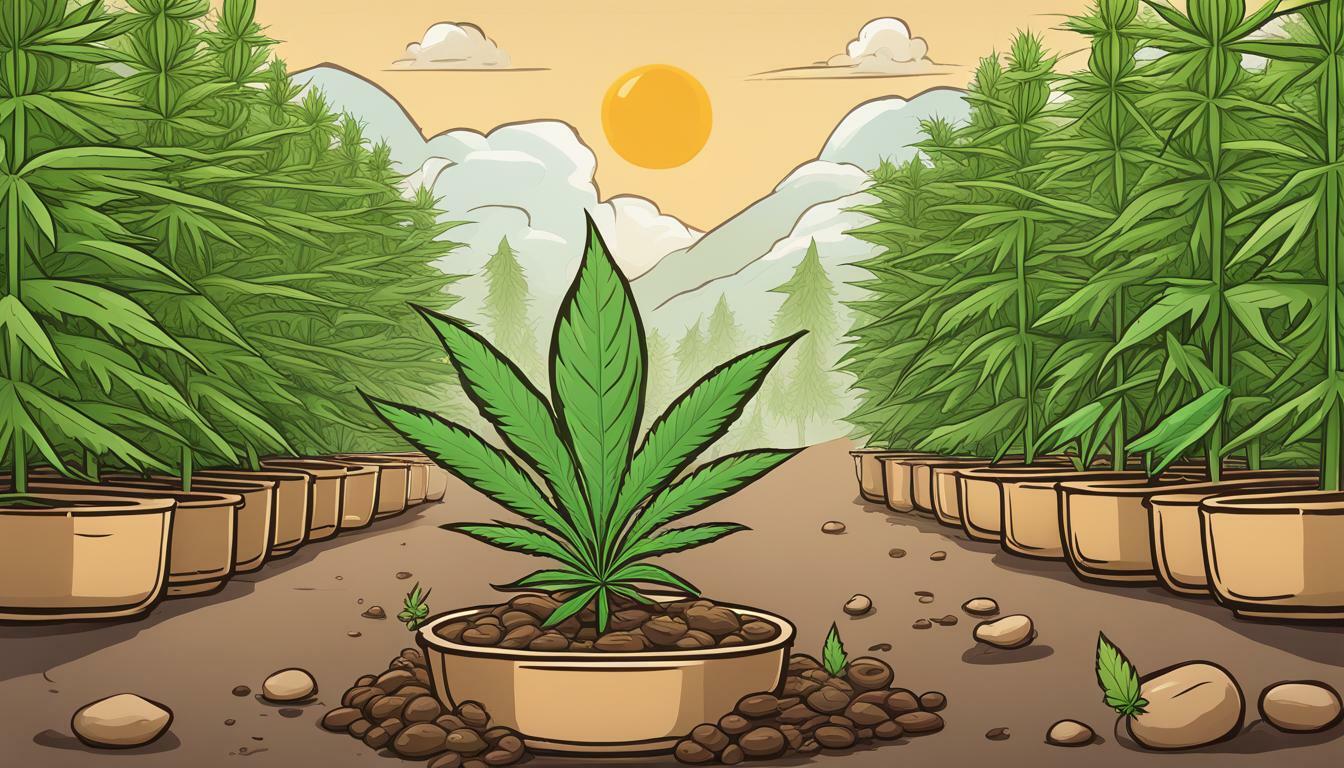As demand for cannabis products soar, the industry stands at a pivotal moment to address the issue of water scarcity. Balancing the ever-increasing demand for cannabis with the need to preserve precious water resources presents a unique challenges. This urges cultivators to redefine their approach to water conservation.
Here, we’ll examine the importance of water stewardship in the cannabis sector. Let’s also unveil groundbreaking techniques and practices that can empower producers to cultivate responsibly and strengthen commitment to environmental sustainability.
The Water Footprint of Cannabis Cultivation
Cannabis cultivation is known to be water-intensive, with each plant requiring a substantial amount of water to thrive. The increasing demand for cannabis products, coupled with the expanding number of legal markets, has put significant strain on water resources in areas where the plant is grown.
Climate change and dwindling water supplies further exacerbate this issue. These concerns make it crucial for the industry to adopt water conservation practices to minimize its environmental impact and ensure long-term sustainability.
Innovative Water Conservation Techniques
By embracing innovative water conservation techniques, cultivators can significantly reduce their water usage and minimize the industry’s overall water footprint. Some of the most effective techniques include:
- Drip irrigation: This method delivers water directly to the plant’s root zone, reducing evaporation and runoff. It allows for precise control of water usage and can save up to 50% of the water typically used in traditional irrigation methods.
- Rainwater harvesting: Collecting and storing rainwater for irrigation purposes helps reduce dependency on municipal water supplies and groundwater resources, while also minimizing the environmental impact of cannabis cultivation.
- Closed-loop systems: These systems recycle and reuse water by capturing and treating runoff, reducing water waste and lowering overall water consumption.
- Deficit irrigation: This approach involves providing plants with less water than they require during non-critical growth stages, encouraging deeper root growth and more efficient water use.
Promoting Conservation through Best Practices
Adopting best practices in water management is essential for the cannabis industry to thrive sustainably. These practices not only conserve water but also improve overall cultivation efficiency:
- Regular monitoring: Keeping track of water usage and identifying potential leaks or inefficiencies can help cultivators optimize their water consumption.
- Soil moisture sensors: Utilizing soil moisture sensors enables growers to make informed decisions about when and how much to irrigate, preventing overwatering and conserving water.
- Mulching: Applying organic mulch around cannabis plants can help retain soil moisture, reducing the need for frequent irrigation and conserving water.
- Education and training: Providing growers with the knowledge and tools to implement water conservation strategies can lead to more widespread adoption of sustainable practices throughout the industry.
Regulatory Support and Industry Collaboration
Collaboration between industry stakeholders, regulatory agencies, and environmental organizations can significantly enhance water conservation efforts in the cannabis sector. By developing and promoting water-efficient guidelines and certification programs, these entities can incentivize cultivators to adopt sustainable practices. This practice can establish industry-wide standards for water conservation.
The Ripple Effect of Water Conservation in Cannabis Cultivation
Water conservation efforts in the cannabis industry have far-reaching implications beyond the sector itself. By reducing water consumption and adopting sustainable practices, the industry can contribute to preserving water resources. We believe this will minimize the impact on local ecosystems, and setting a positive example for other industries to follow.
Paving the Way for a Water-Wise Cannabis Industry
The journey toward water conservation is a crucial step in ensuring a sustainable future for the sector and our planet. By implementing innovative water-saving techniques, and adopting best practices, the cannabis industry can significantly reduce its water footprint. We can pave the way for a more responsible and environmentally-conscious approach to cultivation.
As the thirst for sustainability increases, the cannabis industry has the potential to become a trailblazer in water conservation. Together we’ll be creating a lasting impact for generations to come.





